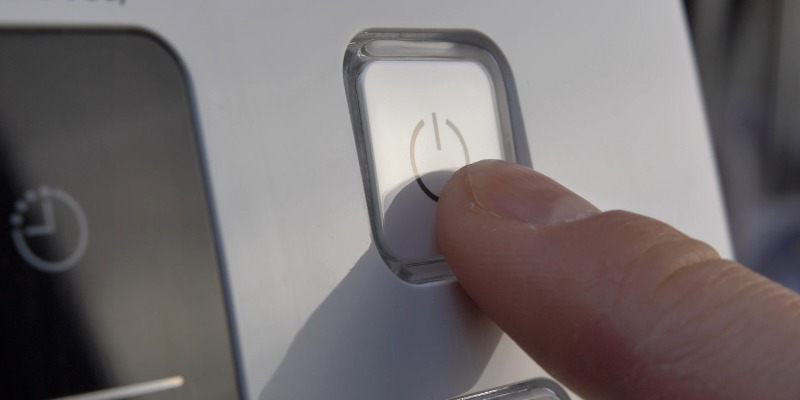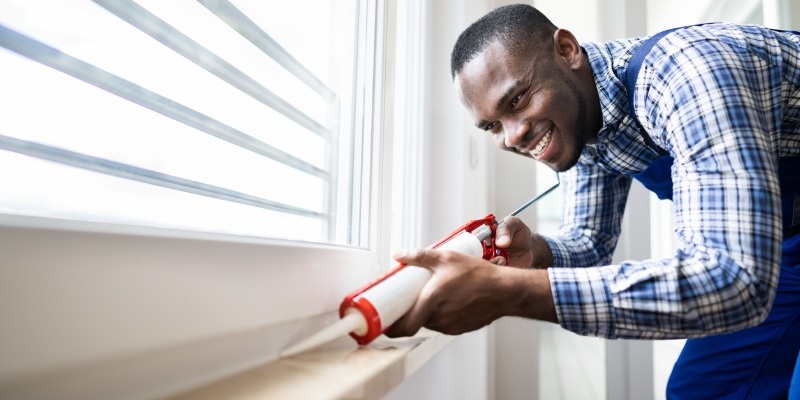Given rising energy costs, it is more important than ever to implement strategies to save energy and money throughout the year. The tips below will help you reduce your monthly utility bills by ensuring that you use the minimum energy required to keep your home comfortable in every season.

You can cut your energy bills by turning off unnecessary lights and appliances. Also, consider unplugging larger appliances, including televisions and computers, when they are not in use. Even when not turned on, these appliances can draw power.
When you are shopping for appliances, windows, doors and light bulbs, make energy efficiency a priority. Look for the Energy Star seal on labels to identify efficient products. Also, make sure to choose products that are appropriately sized for your home.
Your microwave uses less power than your stove and oven, so make it your first choice for reheating food. Reserve the oven for making larger meals.
To save money and energy, make repairs and replace appliances, including refrigerators, ovens, air conditioners, furnaces and others, as necessary. Appliances in poor repair use more energy and are more likely to break down than those in good condition.
To avoid wasting energy, keep vents and registers free of debris and furniture. Blocked registers and vents compromise airflow and decrease the efficiency of your heater and air conditioner.

If you have a well-insulated home that is free of drafts, you can save up to 20 percent on your annual utility bills. To ensure your home is properly insulated, consider scheduling a professional energy audit.
In the fall, you should focus on preparing your home for winter by replacing furnace filters and removing the screens from your windows. You should also schedule professional maintenance for your heating system to ensure it is in good working order before winter arrives. If your furnace is more than 10 to 15 years old or requires extensive repairs, consider replacing it with a more efficient model rather than spending the money to repair it.

As the weather turns frigid, you should focus on thermostat management. Keep your thermostat set at a temperature just warm enough to keep you comfortable, and lower the temperature at night and when you are away from home. To help keep your home comfortable without stressing your heater, you should also make an effort to identify and seal drafts. In addition, open curtains and blinds to take advantage of the warmth of the winter sun, and use ceiling fans to push warm air toward the floor.
Spring is the perfect time to schedule maintenance for your air conditioner in preparation for the hot summer days to come. You should also use this time to clean and replace ducts, fans, coils, filters, vents and other cooling components as necessary.
As the days start to get warmer, you can delay turning on your air conditioner by using your ceiling fans to push warm air toward the ceiling. This will help keep your home cool for less money.

Like winter, summer is a time for thermostat management. Try setting your thermostat to a temperature that is only one or two degrees cooler than the air temperature inside your home. When it is hot, even this small difference in temperature is very noticeable. Also, remember to turn off your air conditioner when you leave the house, or use a programmable thermostat to ensure that you are cooling your home only when your family is in residence.
Other strategies for reducing energy use during the summer include closing curtains and blinds during the days to block out the sun and turning off unused appliances. Large appliances, like stoves, televisions and computers, generate a surprising amount of heat in addition to using power.
